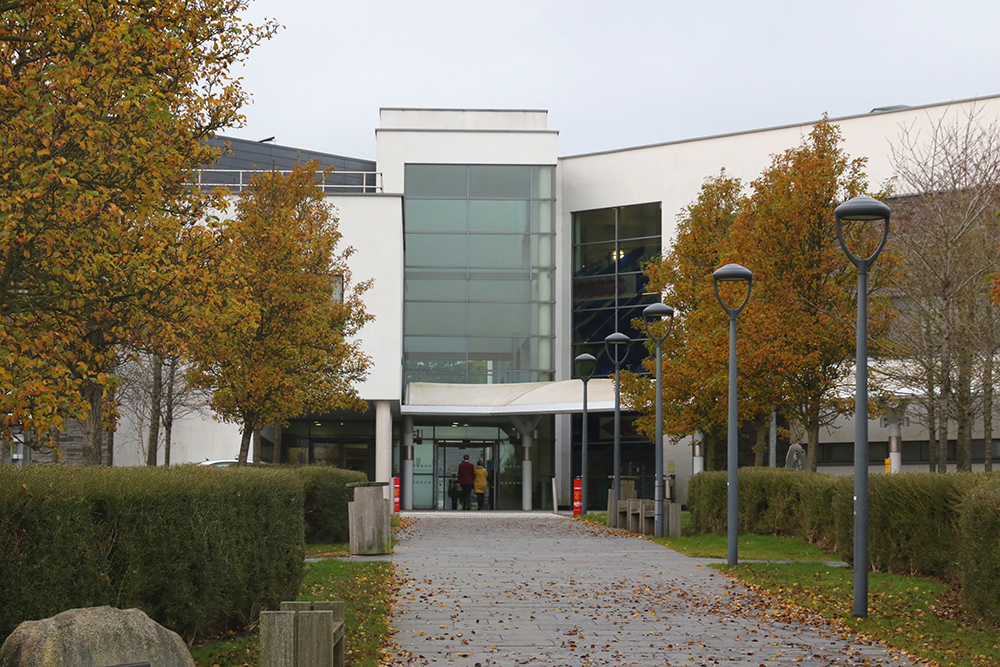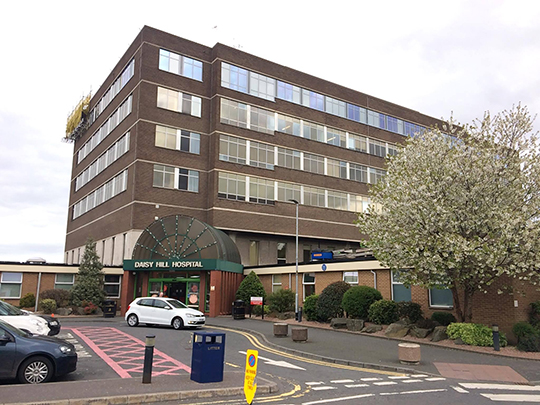Important progress achieved on stroke action plan says Swann
Health Minister Robin Swann has said that important progress has been achieved in stroke services, however, additional funding will be required to meet all priorities.
Speaking at the first meeting of the All Party Group on Stroke today, Minister Swann said: “When publishing the Action Plan in June 2022, I was clear that we can – and must – do better for stroke patients and carers.
“I want to reassure the public that my position remains the same today but I must also be honest on what is required to make this is a reality.
“I first want to acknowledge the important progress that been made against a range of the priorities set out in the Action Plan and commend all those involved.

“We are making the very best use of advances in technology with five of our hospitals now adopting Artificial Intelligence software to assist in the interpretation of scans, providing advanced imaging and rapid data to support clinical decision making for thrombectomy and thrombolysis.
“A thrombolysis audit has also been completed identifying the primary reasons why individuals didn’t receive thrombolysis and recommendations for improvement, as well as the development of a costed model for phased expansion of thrombectomy service to 24/7.
“Concrete actions have also been made to increase thrombectomy referrals from across all Trusts within commissioned hours of service.
“This led to the delivery of 180 thrombectomy procedures in the period March 2023 – February 2024. This equates to a thrombectomy rate of 6.4%, higher than that in England, Scotland or Wales.
“Additionally, models for Community Integrated Stroke Services and Spasticity management are in the advanced stages of development and we now have a regional for model for TIA or ‘mini stroke’ services.”

The Health Minister also updated on work that is being taken forward to identify a preferred option for Hyperacute Stroke Care.”
The three-phased approach will include:
- additional analysis on stroke activity and the development of evaluation criteria:
- identification of a short list of configuration options based on evaluation criteria;
- and the final phase will see a detailed assessment of each shortlisted option to include financial, feasibility and equality assessments to inform the identification of a preferred option.
It is estimated that the whole process will take some 18 months to complete and stroke survivors and carers will be involved.
The Minister added: “There remains much more to be done to fully deliver on the priorities set out in the Action Plan and I must be clear, however, that there are some priorities which cannot be progressed much further without additional funding.
“This includes the expansion of thrombectomy to a 24/7 service which we estimate requires additional funding of just over £5m.
“There is also a clear need for increased investment in rehabilitation and long term support services for stroke survivors.
“Be assured that we will continue to make every effort to drive improvement by making best use of current resources.
“But unfortunately the absence of adequate funding will continue to impact the pace of implementation.”
























